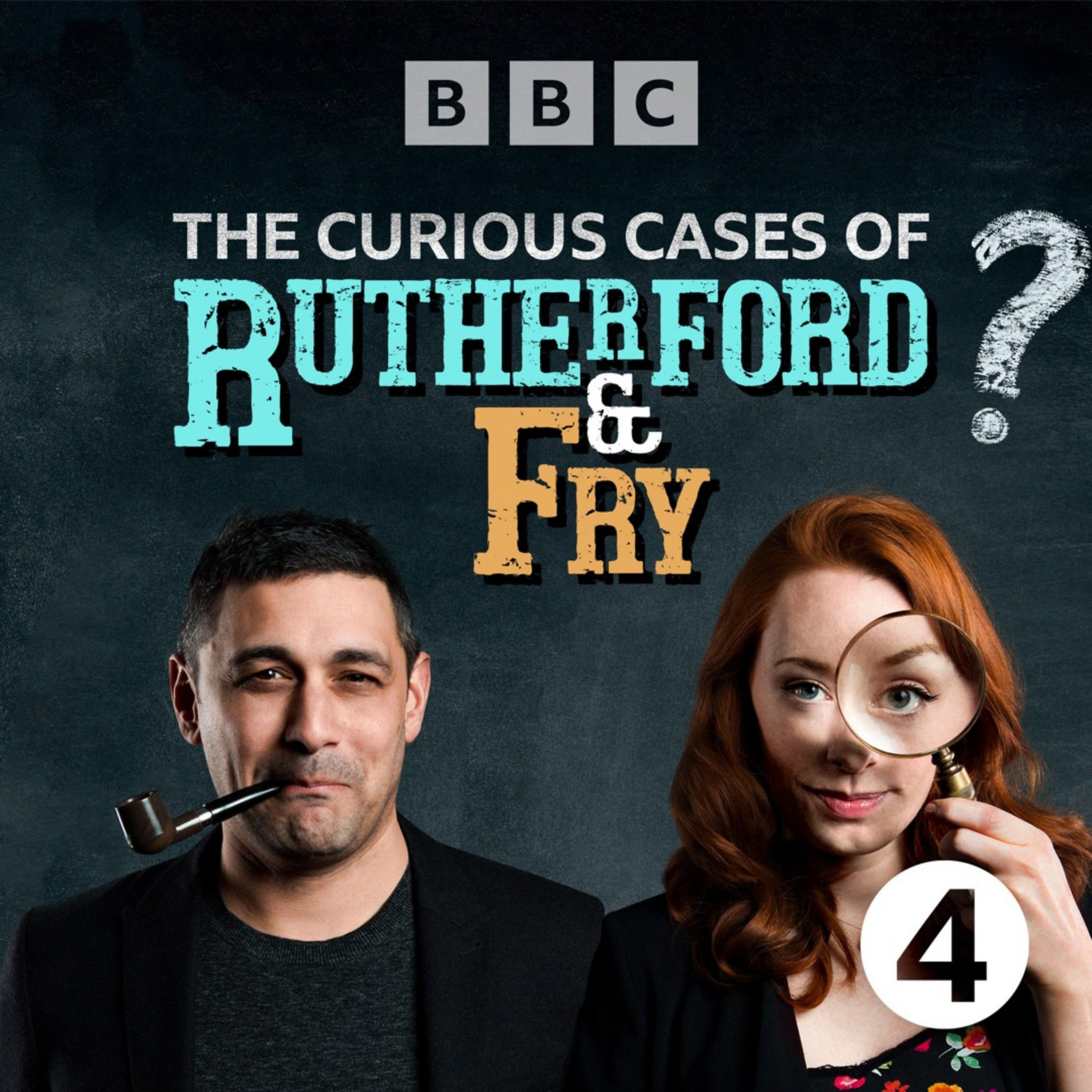The Case of The Missing Gorilla
DO WE HAVE YOUR ATTENTION?
Good! But how does that work!?
Our intrepid science sleuths explore why some things immediately catch your eye - or ear - while others slip by totally unnoticed. Even, on occasion, basketball bouncing gorillas.
Professor Polly Dalton, a psychologist who leads The Attention Lab at Royal Holloway University, shares her surprising research into ‘inattentional blindness’ - when you get so absorbed in a task you can miss striking and unusual things going on right in front of you.
Dr Gemma Briggs from the Open University reveals how this can have dangerous everyday consequences: you are four times more likely to have a crash if you talk on the phone while driving - even handsfree.
Drs Rutherford and Fry also hear from stroke survivor Thomas Canning, who developed the tendency to ignore everything on the left side of space, despite his vision being totally intact. And Dr Tom Manly, from the University of Cambridge’s Cognition and Brain Sciences Unit, helps our sleuths unpack the neuroscience of this fascinating condition.
Producer: Ilan Goodman
Contributors: Professor Polly Dalton, Dr Gemma Briggs, Dr Tom Manly
Press play and read along
Transcript
Transcript is processing—check back soon.

